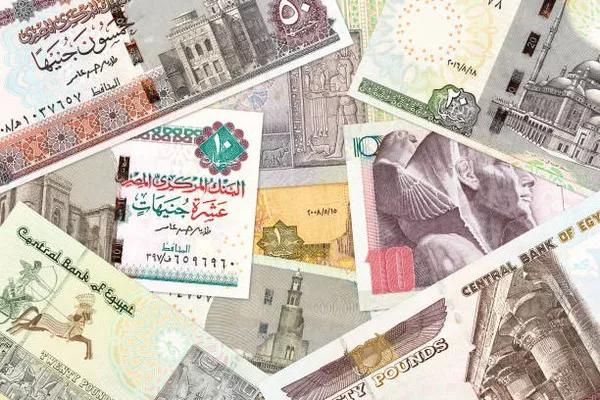In the ever-evolving landscape of finance and technology, the way we pay for goods and services has undergone a profound transformation. With the rise of digital payment methods and the increasing prevalence of contactless transactions, questions arise about the future of cash. Particularly in the UK, where cash has long been a cornerstone of everyday transactions, there is a growing debate over whether cash is indeed on the decline. This article explores the trends, challenges, and implications surrounding the potential demise of cash in the UK.
The Current State of Cash Usage:
Historically, cash has been the dominant form of payment in the UK. From coins and banknotes to checks, cash has been widely accepted and used for a myriad of transactions, ranging from small purchases at local shops to larger transactions such as rent payments and utility bills. However, recent years have seen a notable shift in consumer behavior, driven primarily by advancements in technology and changing preferences.
The Rise of Digital Payments:
One of the primary factors contributing to the decline of cash usage is the proliferation of digital payment methods. The advent of smartphones and the widespread availability of internet connectivity have paved the way for the adoption of digital wallets, mobile banking apps, and contactless payment solutions. Today, consumers can effortlessly pay for goods and services using their smartphones or contactless cards, eliminating the need for physical cash.
The Convenience Factor:
The convenience offered by digital payment methods cannot be overstated. With just a few taps on their smartphones or a quick wave of their contactless cards, consumers can complete transactions in seconds, without the hassle of counting out cash or waiting for change. This convenience factor has played a significant role in driving the adoption of digital payments, particularly among younger generations who value speed and efficiency in their transactions.
Government Initiatives and Regulatory Changes:
In addition to technological advancements, government initiatives and regulatory changes have also contributed to the decline of cash usage in the UK. In recent years, there has been a concerted effort to promote digital payments and reduce reliance on cash. This includes measures such as the rollout of the New Payment Systems Operator (NPSO) and the introduction of Open Banking regulations, which aim to modernize the UK’s payment infrastructure and promote innovation in the financial sector.
Challenges and Concerns:
While the shift towards digital payments offers numerous benefits, it also raises some concerns and challenges. One of the primary concerns is financial exclusion, as not everyone has access to smartphones or digital banking services. This could potentially leave vulnerable populations, such as the elderly or those living in rural areas, at a disadvantage if cash were to disappear entirely. Additionally, there are concerns about privacy and data security, as digital transactions leave a digital footprint that can be tracked and analyzed.
The Role of Cash in Society:
Despite the rise of digital payments, cash continues to play an important role in society, particularly for certain demographics and types of transactions. Cash is still widely used by small businesses, street vendors, and in informal economies where digital infrastructure may be lacking. Moreover, cash remains a preferred payment method for some consumers who value anonymity and privacy in their transactions.
The Impact on Businesses:
For businesses, the decline of cash presents both opportunities and challenges. On one hand, digital payments offer the potential for increased efficiency, reduced transaction costs, and improved cash flow management. On the other hand, businesses must adapt to changing consumer preferences and invest in technology to accept digital payments, which can be costly and time-consuming.
The Future of Cash in the UK:
So, is cash truly dying out in the UK? While it’s clear that cash usage is declining, it’s unlikely to disappear entirely in the near future. Cash still serves as a vital form of payment for many individuals and businesses, and its physical presence provides a sense of security and familiarity that digital alternatives may not fully replicate. However, the continued proliferation of digital payment methods and ongoing technological advancements are likely to further diminish the importance of cash in the years to come.
See Also Should I Buy Pounds Before Going to London?
Conclusion:
In conclusion, the landscape of payment systems in the UK is undergoing a profound transformation, driven by technological innovation, changing consumer preferences, and regulatory changes. While cash usage is declining, it remains an important form of payment for many individuals and businesses. The future of cash in the UK is likely to be characterized by a hybrid model, with digital payments coexisting alongside traditional cash transactions. As we continue to embrace new technologies and adapt to changing economic realities, the way we pay for goods and services will continue to evolve, shaping the future of finance in the UK and beyond.


